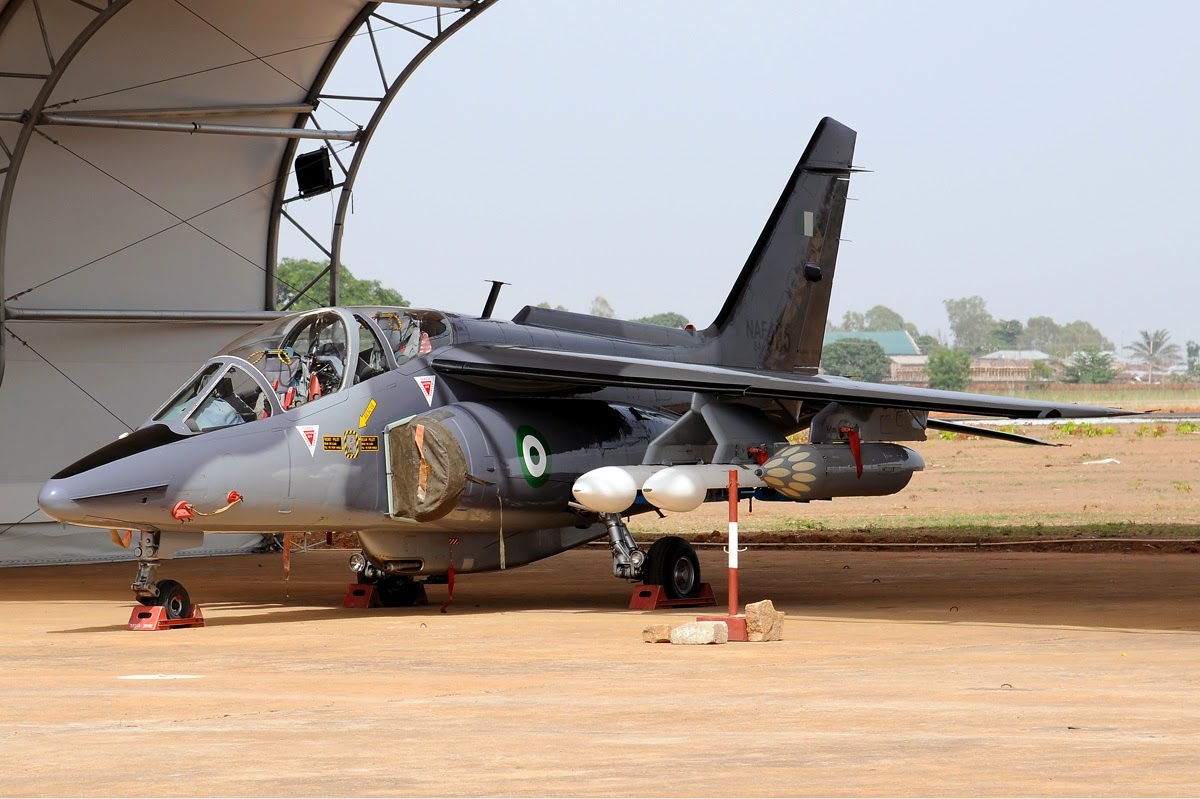Navigating The Skies: The Nigerian Air Force's Journey And Impact
The Nigerian Air Force (NAF) has evolved significantly over the decades, establishing itself as a formidable branch of the Nigerian Armed Forces. Founded in 1964, the NAF has undergone substantial transformations to meet the nation's security needs and address various challenges. Today, it plays a vital role in safeguarding the sovereignty of Nigeria, offering both air support and strategic operations to protect the nation from external and internal threats.
The growth of the Nigerian Air Force can be traced back to its initial establishment, where it primarily relied on a handful of aircraft and personnel. As the nation developed, so did the Air Force's capabilities, reflecting advancements in technology and changing geopolitical dynamics. The NAF has not only participated in numerous peacekeeping missions across the continent but has also played a critical role in combating terrorism and insurgency within Nigeria.
As the NAF continues to expand its fleet and enhance its training programs, it remains committed to ensuring air superiority and operational readiness. This article delves into the various facets of the Nigerian Air Force, exploring its history, accomplishments, challenges, and future prospects, all while highlighting its invaluable contributions to national defense.
What is the History of the Nigerian Air Force?
The Nigerian Air Force was officially established on April 18, 1964, marking a significant milestone in Nigeria's military history. Initially, it was formed as a small unit with limited resources and personnel. The establishment of the NAF came at a time when Africa was witnessing a surge in military modernization, and Nigeria recognized the need for an air defense capability.
How Has the Nigerian Air Force Evolved Over the Years?
Over the years, the NAF has undergone numerous changes, driven by both technological advancements and the evolving security landscape. Key milestones in its evolution include:
- 1964: Official establishment of the Nigerian Air Force.
- 1970s: Acquisition of more sophisticated aircraft and training for personnel.
- 1990s: Increased involvement in international peacekeeping missions.
- 2000s: Focus on counter-terrorism operations against Boko Haram and other insurgent groups.
What are the Key Roles of the Nigerian Air Force?
The Nigerian Air Force plays several critical roles in maintaining national security and responding to emergencies. These roles include:
- Air Defense: Protecting Nigerian airspace from potential threats.
- Counter-Insurgency Operations: Engaging in operations against terrorist groups.
- Humanitarian Assistance: Providing relief in times of natural disasters.
- Peacekeeping Missions: Participating in UN-led operations across Africa.
How Does the Nigerian Air Force Contribute to National Security?
The NAF contributes to national security through various means, including intelligence gathering, surveillance, and reconnaissance missions. By utilizing advanced aircraft and equipment, the Air Force can effectively monitor potential threats and respond swiftly to emerging situations. Additionally, the NAF collaborates with other branches of the military to ensure a coordinated approach to national defense.
What Challenges Does the Nigerian Air Force Face?
Despite its many successes, the Nigerian Air Force faces several challenges that hinder its operations:
- Funding Limitations: Budget constraints can impact the procurement of new equipment and technology.
- Maintenance Issues: Aging aircraft require regular maintenance and upgrades.
- Training and Recruitment: Attracting and retaining skilled personnel can be difficult.
What Are the Future Prospects for the Nigerian Air Force?
The future of the Nigerian Air Force looks promising, with ongoing efforts to modernize its fleet and enhance training programs. The government is increasingly recognizing the importance of investing in the military, which bodes well for the NAF's continued growth. Future initiatives include:
- Acquisition of advanced fighter jets and drones.
- Expansion of training programs and simulation exercises.
- Strengthening partnerships with other nations for joint training and exercises.
What Impact Has the Nigerian Air Force Made on the International Stage?
The Nigerian Air Force has made significant contributions to international peacekeeping efforts, participating in missions across various African nations. Its involvement in these operations has not only helped to stabilize conflict zones but has also enhanced Nigeria's standing in the international community. Through its commitment to peace and security, the NAF has demonstrated its capability as a reliable partner in global peace initiatives.
Conclusion: The Nigerian Air Force's Role in Shaping National Security
The Nigerian Air Force has come a long way since its inception, evolving into a critical component of Nigeria's national security framework. As it continues to adapt to changing circumstances, the NAF remains dedicated to protecting the nation's airspace and contributing to regional stability. With ongoing investments and modernization efforts, the future looks bright for the Nigerian Air Force as it strives to maintain its position as a leading force in the African continent.
Creative Male Turkey Names: A Guide For Turkey Enthusiasts
Unraveling The Mystery: How Do We Determine Easter Date?
Timeless Elegance: Hairstyles For Women Over 60


